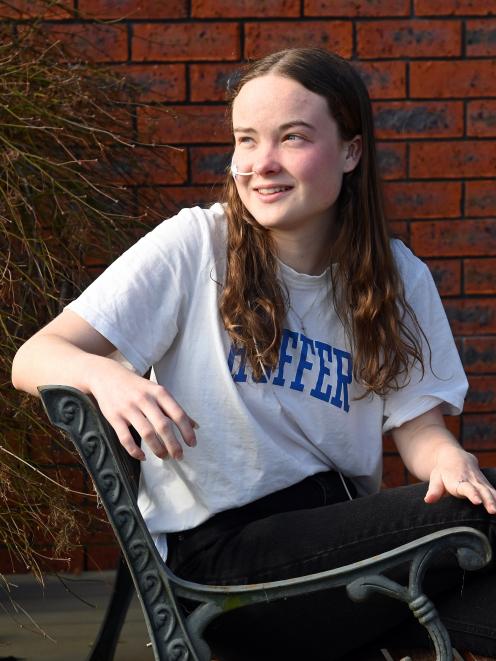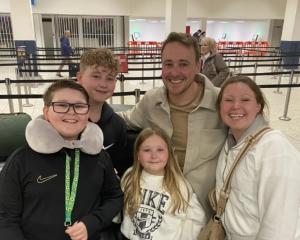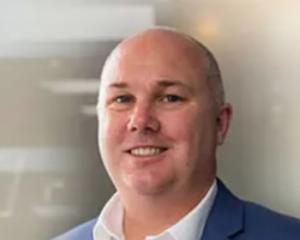For the past seven years Olivia Adie has struggled with multiple chronic illnesses, including abdominal vascular compression syndromes (AVCS), that mean she can no longer eat or drink without extreme pain.
If the 16-year-old cannot access the government’s High Cost Treatment Pool in the coming weeks, her family will have to pay $140,000 for her impending surgery in Germany and related costs.
The support of a local clinician was needed to access funding, but Dunedin Hospital’s gastroenterology department would not back Olivia’s attempt to access funding, although she had been diagnosed with AVCS earlier this year.
"They’re not particularly interested in accepting that, and meeting my basic needs," she said.
AVCS was not well understood in New Zealand, and although a specialist in the North Island could diagnose it, treatment was only available overseas.
"Abdominal vascular compressions combined with hypermobile Ehlers-Danlos syndrome, which Germany has proposed that I have, ... are a death sentence in New Zealand without treatment — they have a life expectancy of 25."
She believed the lack of support from Te Whatu Ora Health New Zealand (HNZ) Southern was because of a lack of understanding of her conditions, and the health system wanting to label her struggle to eat and drink as being in her head.

"In the last six months, I’ve lost 18% of my body weight."
She was upset at how she had been treated by the health system, especially because she knew others were in the same situation.
If one person from HNZ Southern backed her funding bid, it would mean those coming after her would also be able to get help.
Her illness had taken a big toll on her life, although she was "always smiling and laughing", trying to make others feel better and take attention away from how sick she really was.
As she got sicker her life came to revolve around home and the hospital.
This year she had not attended high school for more than an hour a day — although studying from home she had already completed year 12 with excellence.
Time with family and friends was no longer as enjoyable, especially as many occasions centred on food.
"If I try to fit in, I know that I will end up in excruciating pain followed by vomiting. Eventually you stop going to these things ... it becomes socially isolating."
The funding pool was only to be used to pay for upfront costs, and she was set to travel to Germany for further testing late next month followed by surgery in early October.
Olivia’s mother Kelly Adie had set up a Givealittle page to help fundraise. Money raised would be donated to someone else with the condition if government funding was approved.
HNZ Southern would not comment on why Olivia was not being supported to access funding.
A spokesperson said it would be inappropriate to comment publicly on a patient’s private health information, and said it sympathised with those facing healthcare challenges.
Clinical specialists were able to apply to the High Cost Treatment Pool to support patients with rare conditions that required overseas treatment, the spokesperson said.
Treatments had to be evidence based and supported by clinical experts in New Zealand.







